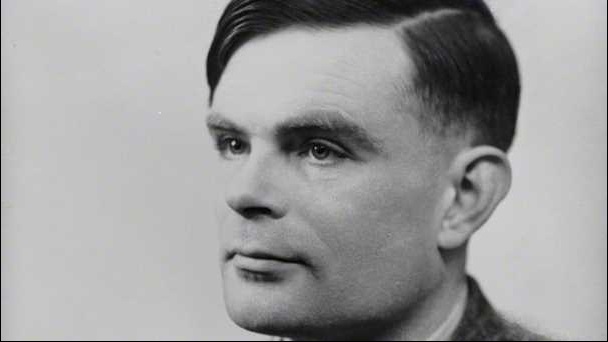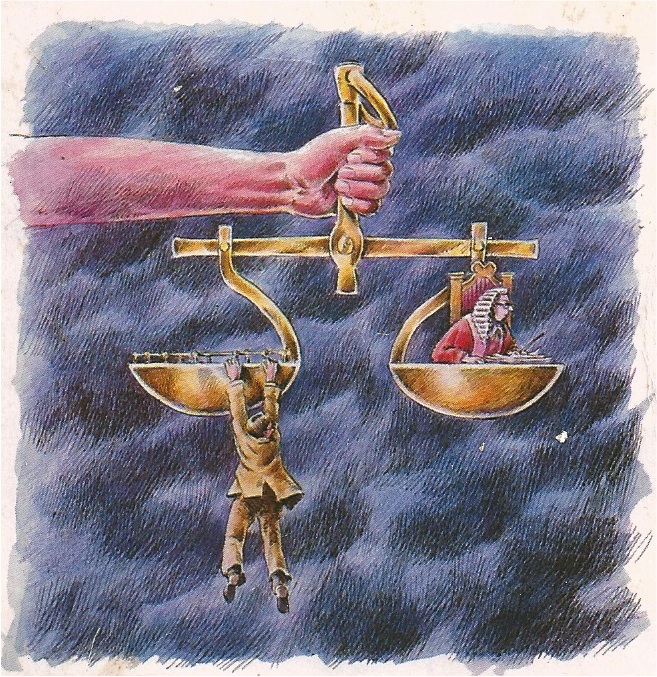Legislation allowing for gay men to have their historic cautions and convictions ‘disregarded’ and ‘pardoned’ is proving inadequate. It is estimated that there are approximately 15,000 men living with such historic convictions. However, figures obtained by the BBC and the Guardian reveal that only 663 applications have been submitted under the statutory scheme, of which only 189 (29%) have been approved by the Home Office. It is further reported that the only two applications brought in Northern Ireland have been rejected.
The Protection of Freedoms Act 2012, Section 92 allows gay men with historic cautions or convictions for certain offences (including ‘buggery’ and ‘gross indecency’) to apply to the Home Secretary to have them ‘disregarded’. The Policing and Crime Act 2017, sections 164 and 165 (better known as the ‘Turing Law’) further provide for the ‘pardoning’ of those whose cautions or convictions have been ‘disregarded’, as well as the posthumous pardoning of those with cautions or convictions who have died before the legislation came into force.
While there has been a relatively small uptake from those eligible for the statutory scheme, the omission of certain offences from the 2012 Act has prevented many other gay men from engaging with it. The Public Law Project is representing a number of gay men with historic convictions, including veteran campaigner Terry Stewart who in 1981 was convicted of ‘importuning’ under the Sexual Offences Act 1956 (since repealed under the Sexual Offences Act 2003). Crucially, this offence is not among those specified under the 2012 Act, and therefore nor is he (and others with such cautions or convictions) eligible for a pardon under the 2017 Act. The limited scope of the statutory scheme means that a great many gay men living under the shadow of historic cautions or convictions are denied the ability to move out from under it.
Terry Stewart’s lawyer, Katy Watts, notes that there are ‘thousands of men in Terry’s situation’ and that ‘importuning’ convictions have ‘ruined careers’. Such men are precluded from freely pursuing their aspirations, including Terry’s hopes of becoming a social worker, as a result of the inclusion of these convictions in Disclosure and Barring Service (DBS) checks ‘in the same category as other serious sex offences, terror offences and crimes such as murder’.
Public Law Project wrote to the Home Office on 27 July 2017 requesting then Home Secretary Amber Rudd to exercise her powers under Section 166 of the 2017 Act to add the offence of ‘importuning’ to the list of offences which can be ‘disregarded’ and ‘pardoned’. The Home Office indicated that it would look into the matter, but no remedy has been forthcoming, prompting a further letter on 2 July 2019.
The statutory scheme, as a result of its limited scope and the burden it places on gay men to embark on an what may be regarded as an onerous bureaucratic process, appears to be failing those whom it promised to redeem.







